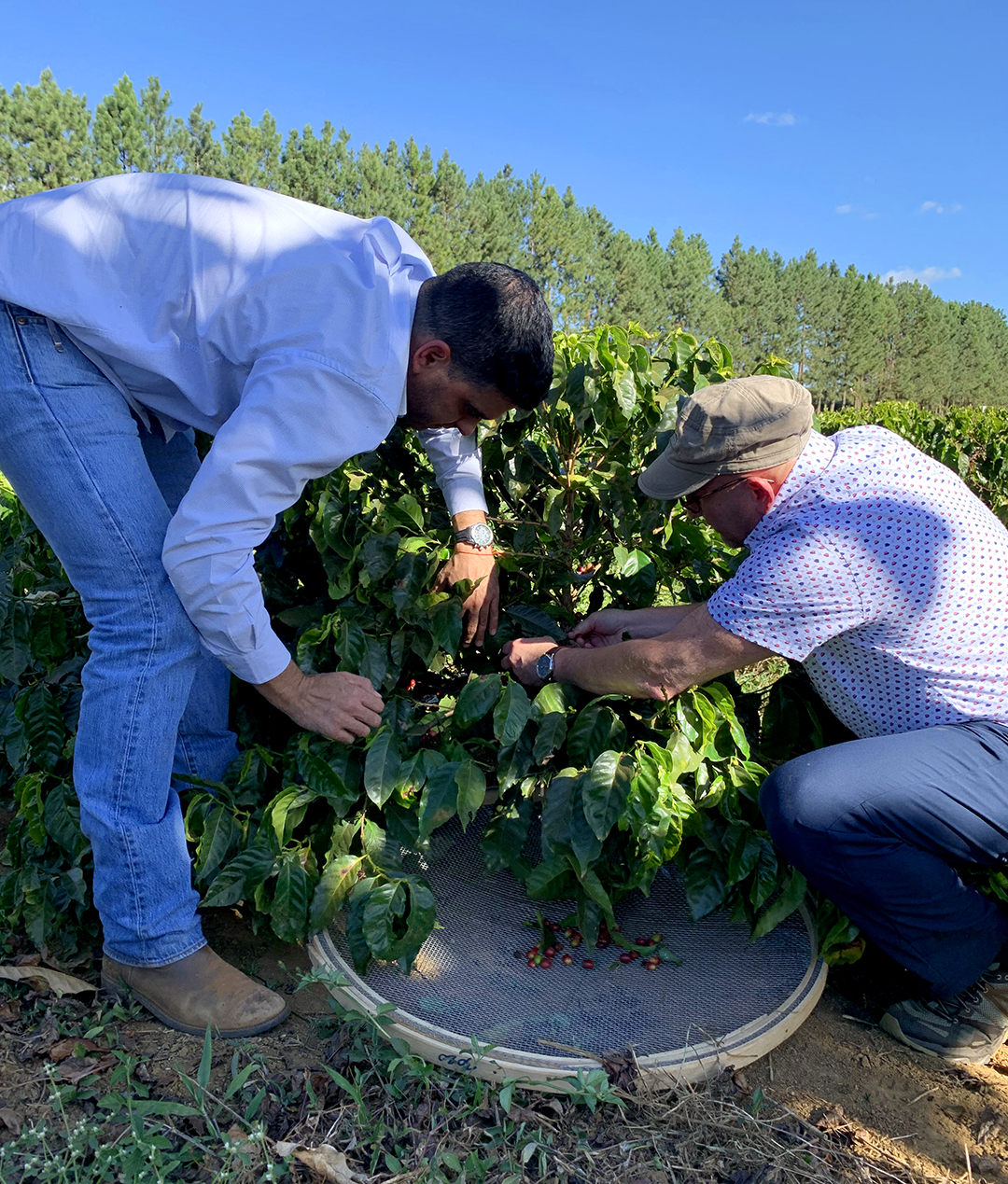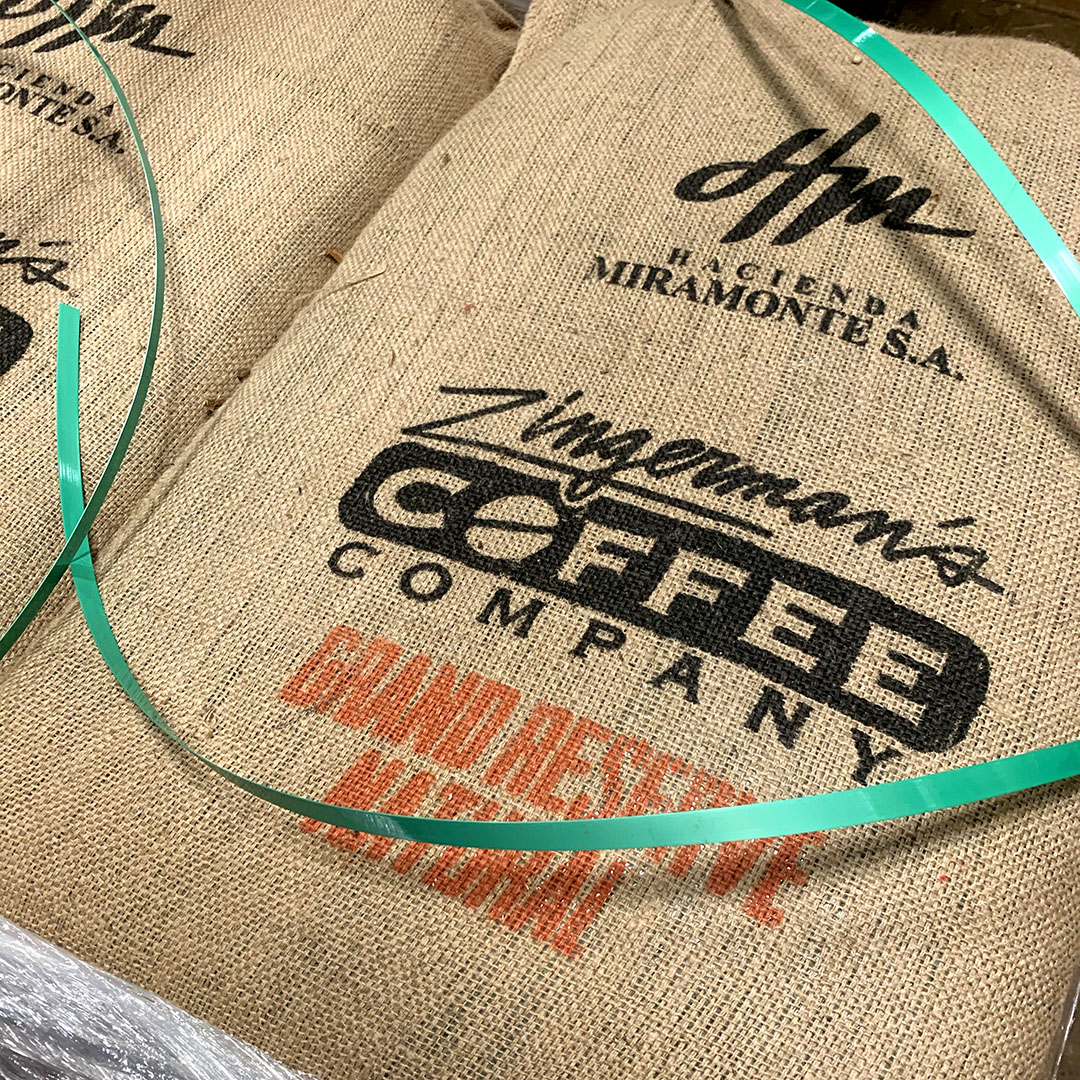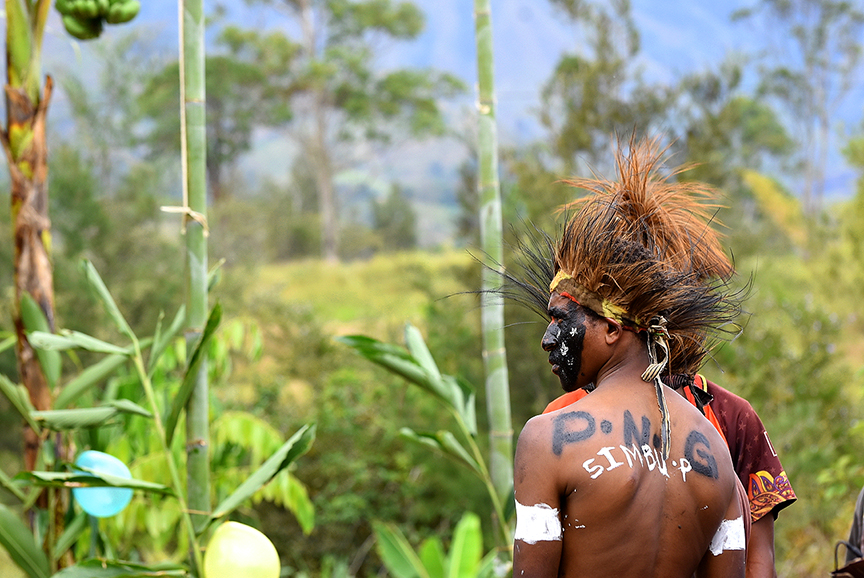
Daterra Estate
Patrocinio, Cerrado Region, Brazil
The Cerrado region of Brazil is an enormous, sprawling savanna – the most biologically diverse on the planet. It is deep within this vast biome and upon a high plateau that the beautiful Daterra Farm is located. The word Daterra means “of the earth,” and the aptly-named farm is the source of some of the world’s best Arabica coffee. Daterra Estate was founded in 1976 by the Pasqual family, and is still owned by them today. Today, Brazil is the largest exporter of coffee in the world, and Daterra is the 3rd largest farm in the entire country.
Read more



